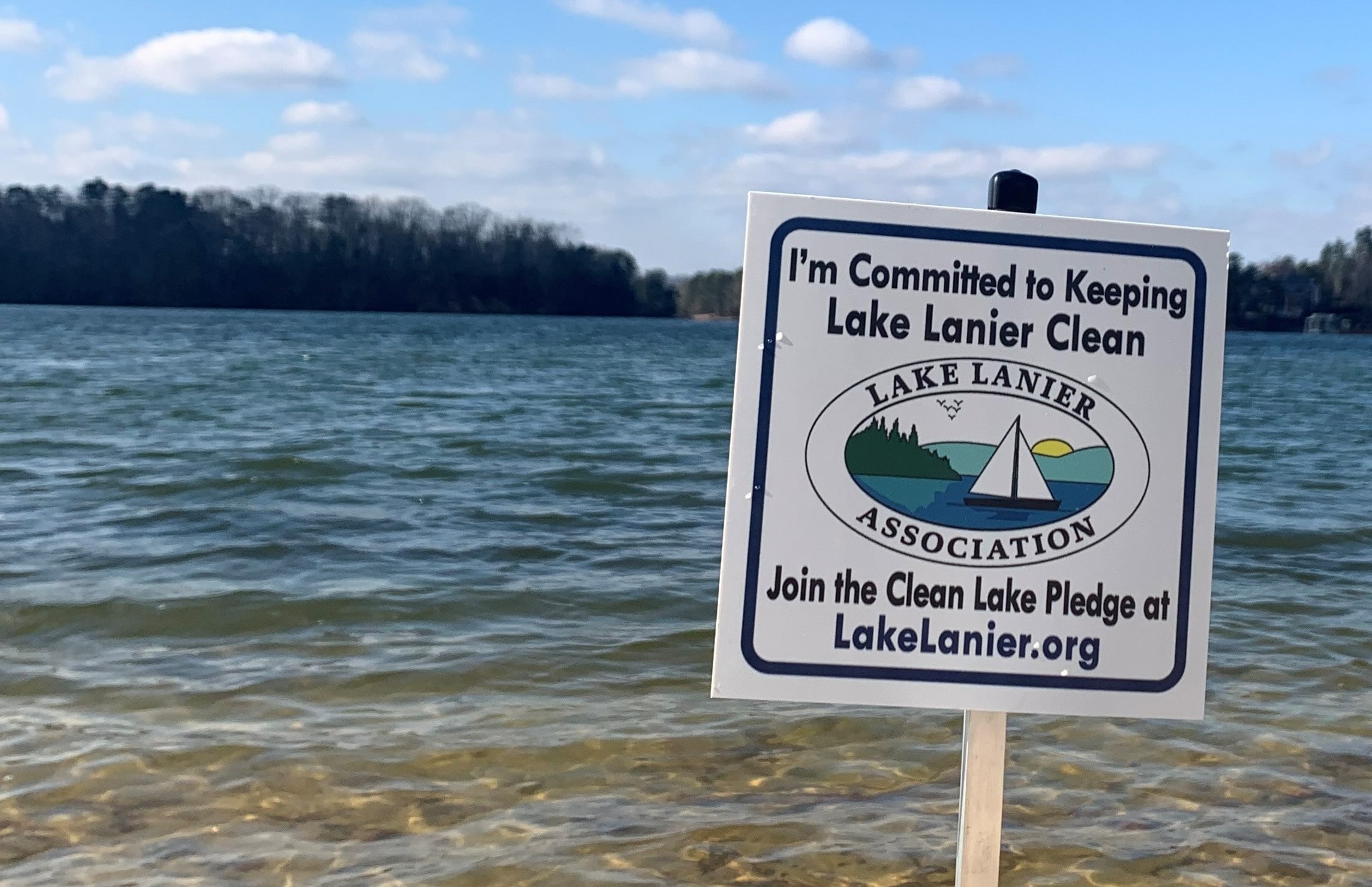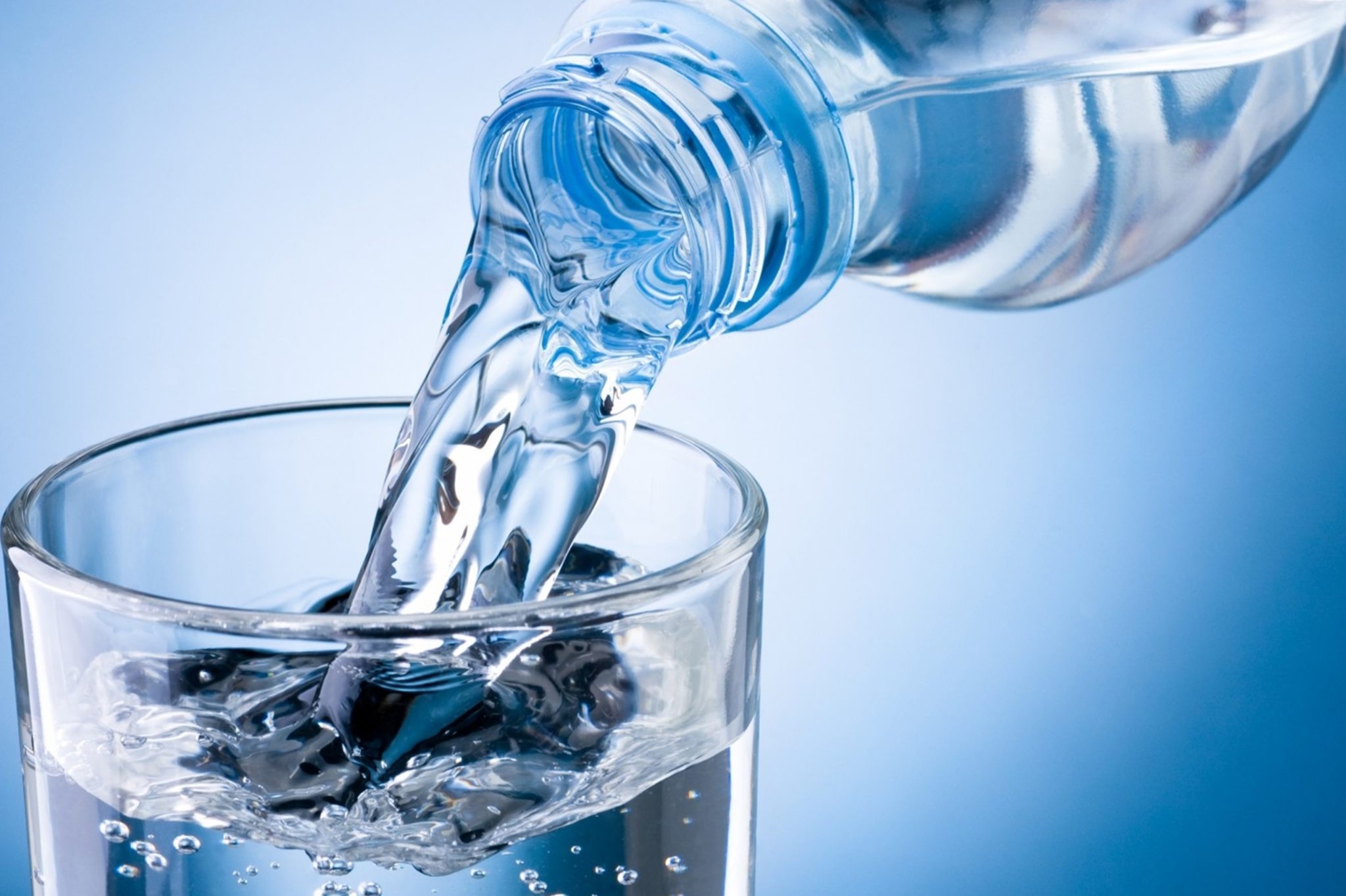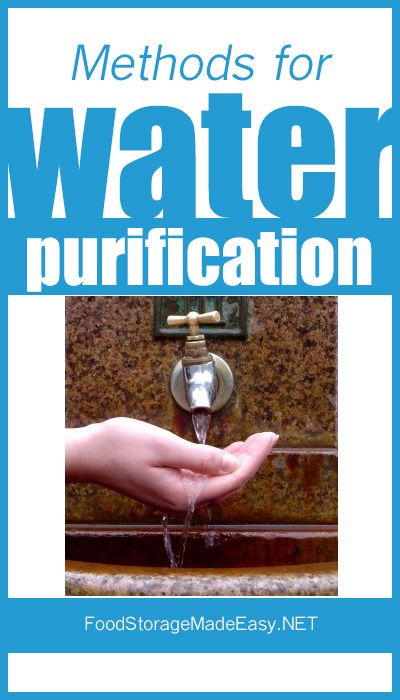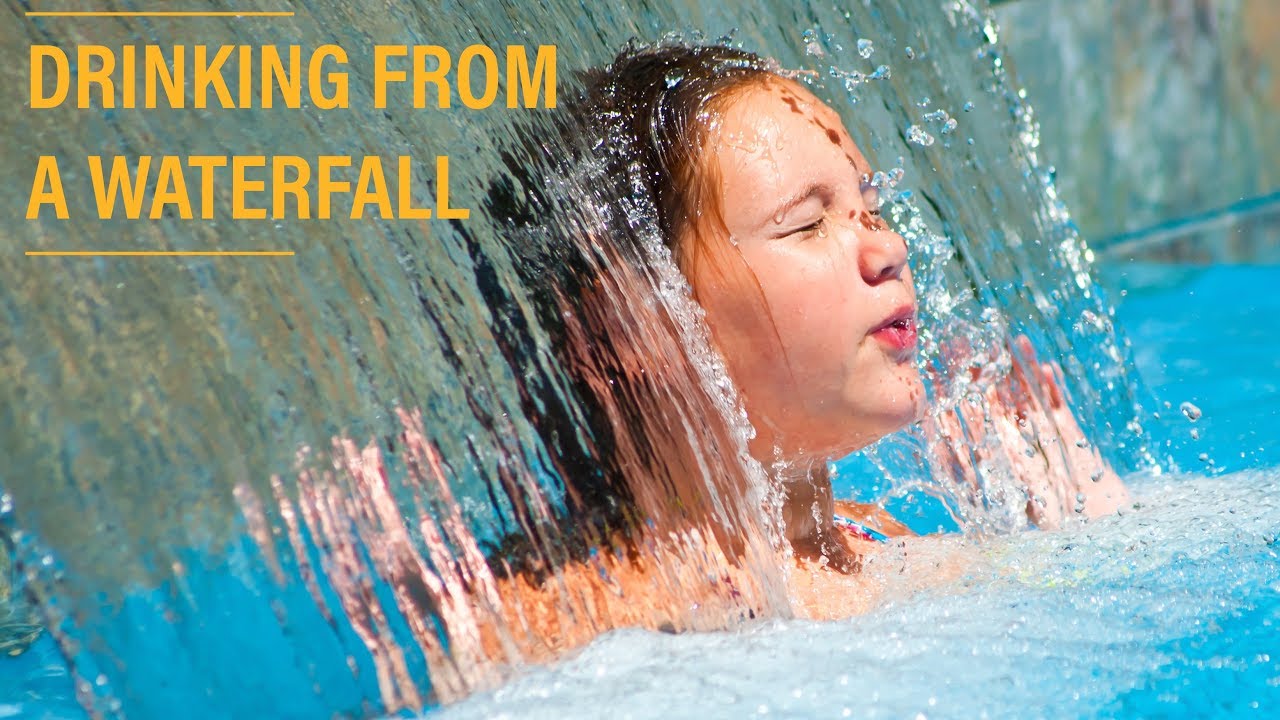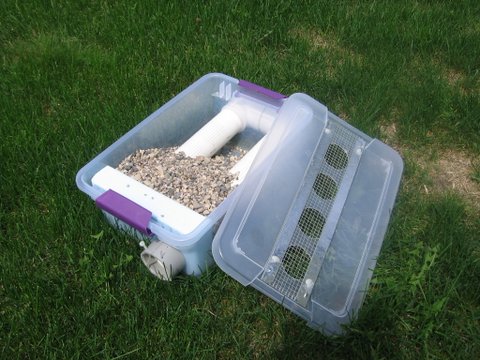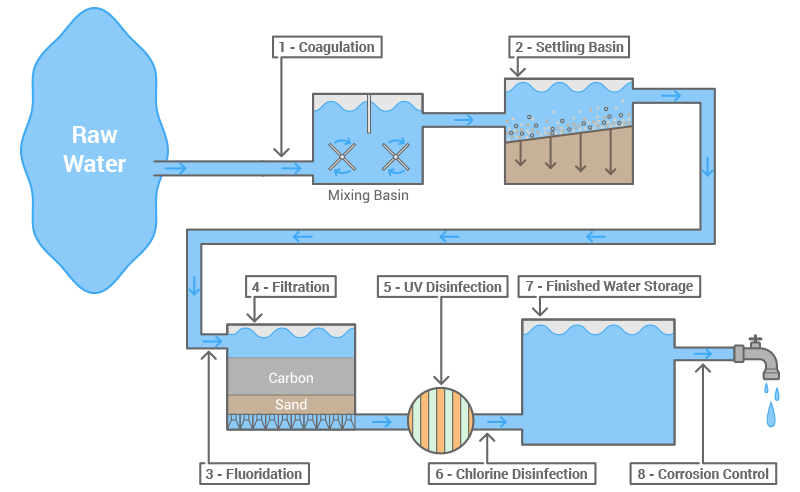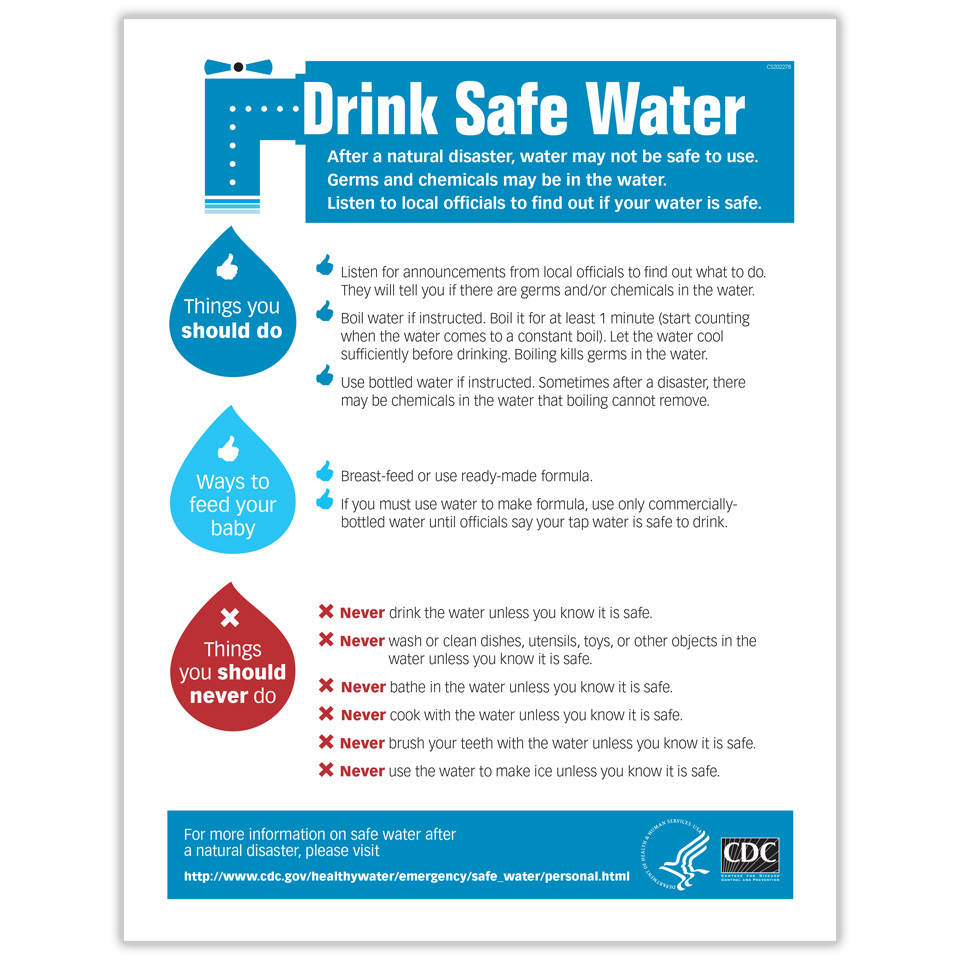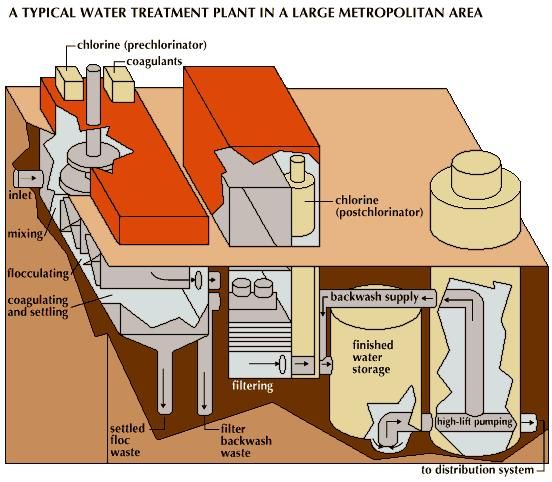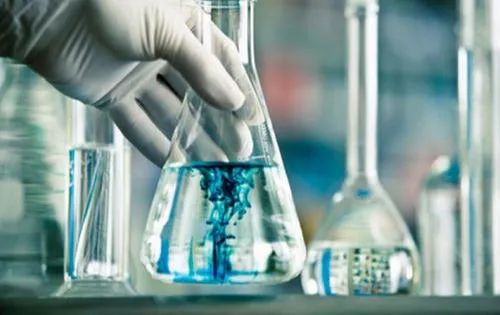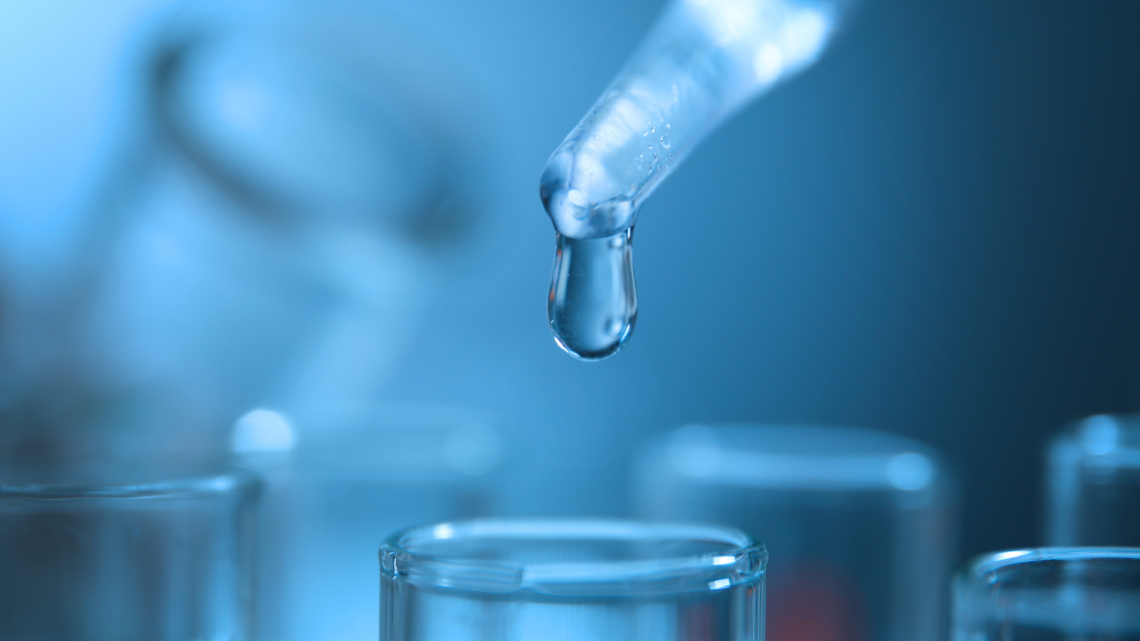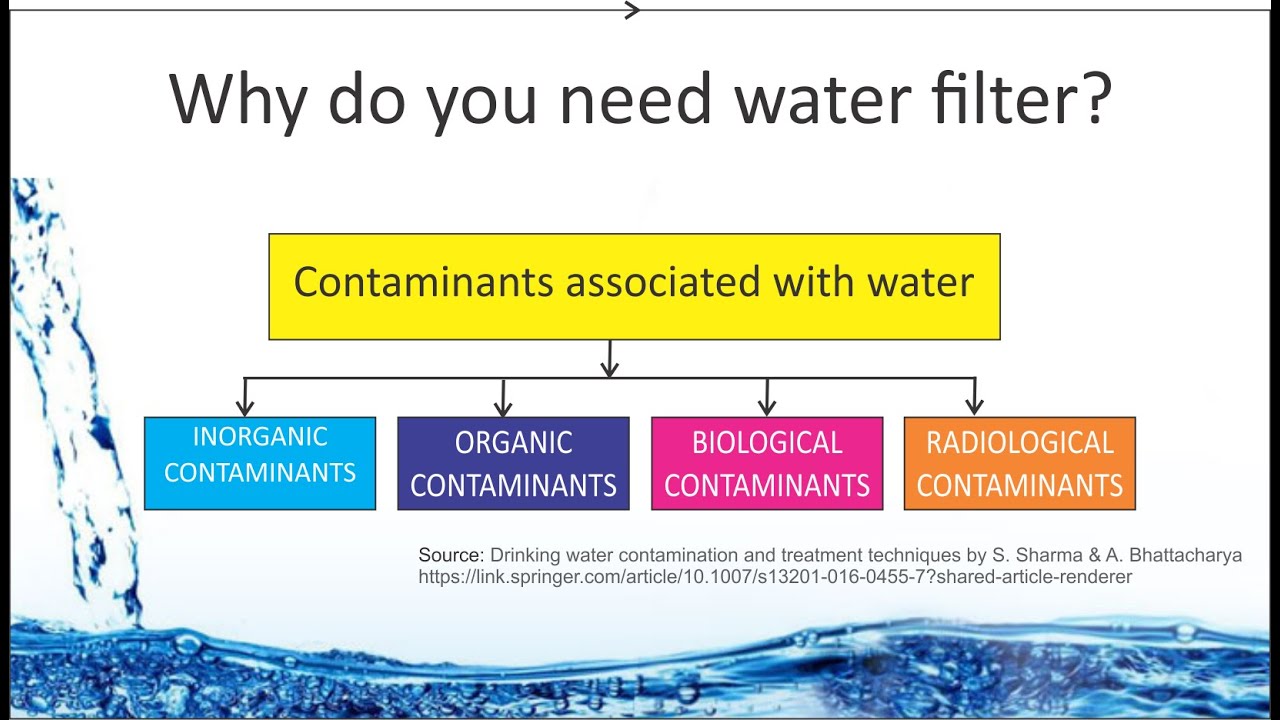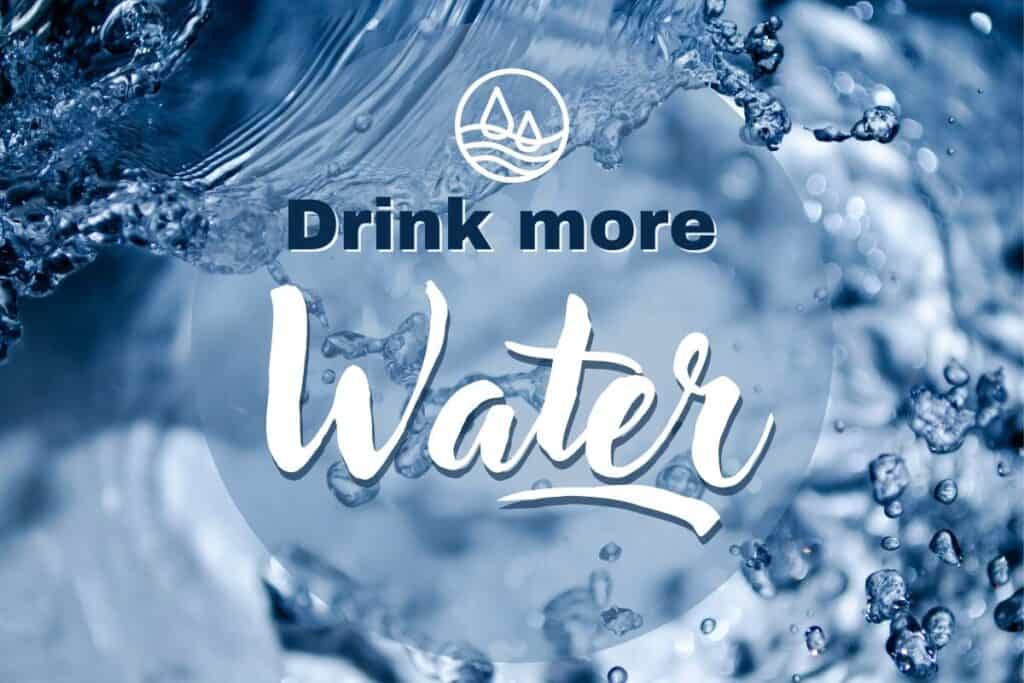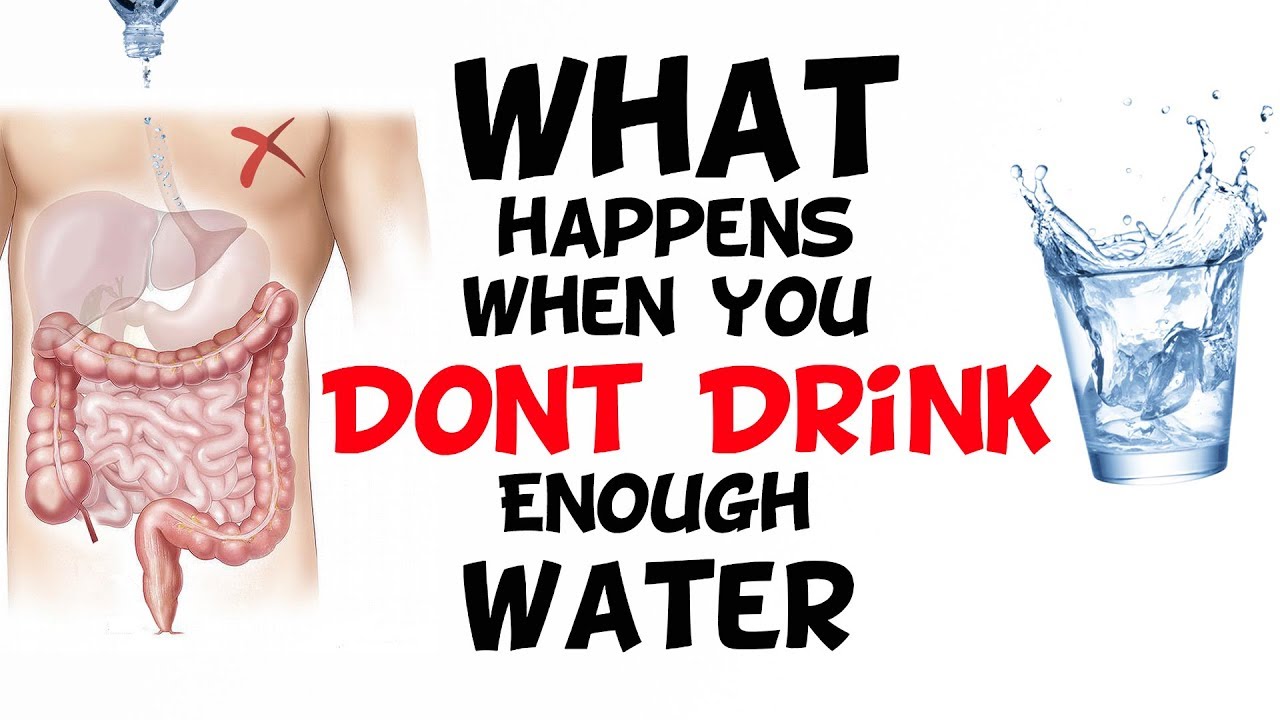
What Happens If You Drink Non Potable Water
Consuming non-potable water can pose significant health risks and may lead to a range of adverse effects on the human body. Here are some potential consequences of drinking non-potable water: 1.Gastrointestinal Problems: Non-potable water often contains harmful microorganisms such as bacteria, viruses, and parasites that can cause gastrointestinal distress. Symptoms may include abdominal pain, diarrhea,…








